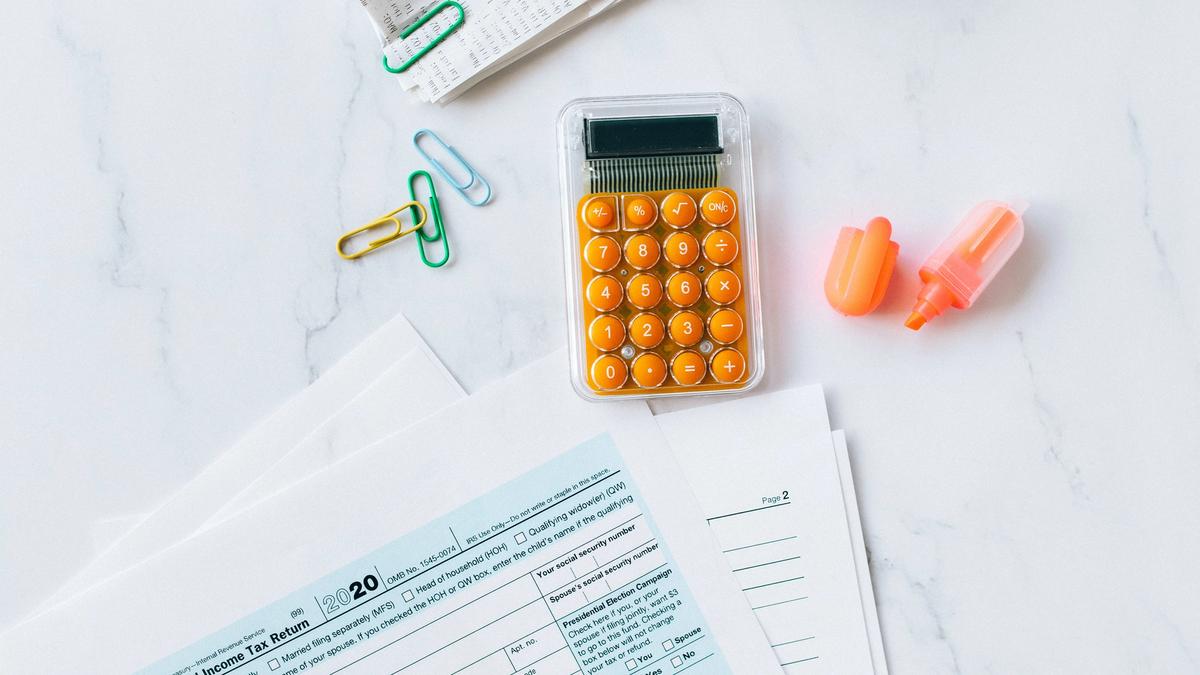At first instance, proving income as a freelancer can be daunting and complicated. Since you don't always earn the same amount of money from the same source each month, it requires a bit more organization and preparation than for full-time employees. However, proving income is very easy and is mostly about getting organized and keeping track of the financial activity of your business or yourself.
In this article, we're going to break down everything you need to know about proof of income, including what it is, why you need it, and the documents you can use to provide it.
What is proof of income?
Just as it sounds, a proof of income is presented by some form of documentation that indicates how much money you've earned over a certain period of time; usually it's a full year, however there will be those who require to see income from a longer time span. The exact format depends on who is requesting it, and some documents are considered more credible and reliable than others.
Why do you need proof of income?
Throughout your adult life, there are times when you need to prove your income in order to continue financial processes. Many of these moments are actually important milestones, and pave the way for new and exciting life events, such as owning a car or moving into a new home.
Here is a general list of the most common reasons for needing proof of income:
- Filing taxes
- Taking out health insurance
- Applying for a credit card
- Renting an apartment, a house or a car
- Buying a car
- Applying for a mortgage
All of these activities (aside from filing taxes) involve someone lending you money or covering an expense for a certain period of time. This requires trust: that you keep your end of the bargain and meet your repayment obligations. Banks, insurance and credit card companies and other types of lenders need to know that you will honor any commitments you make when you become a customer, tenant or other type of borrower.
Now let's move on to how the proof of income itself is generated.
3 types of documents that can be used as proof of income.
It's always a good idea to keep an up-to-date and accurate record of your freelance income to be prepared, not only for life events like renting a new apartment, but to alleviate stress at tax time.
For full-time workers, it's easy to prove your income: all you need is a pay stub, a W2 form, or an offer letter from the company (if it's a new job). Freelancers can submit all or some of the following documents to prove their income.
Annual tax returns
Your federal income tax return is solid proof of what you've earned over the course of a year. It's a legal document officially recognized by the Internal Revenue Service that shows your total income and expenses for that year.
One caveat: freelancers aren't always required to report income below a certain amount, so income tax returns may understate total income. If this is the case, be sure to acknowledge this and provide additional documentation for any unreported income. You can do this by supplementing your tax return with annotated bank statements.
Bank statements (bank statements)
Your bank statements should show all payments you receive from customers or sales. To avoid having to present your personal finances in detail to landlords or lenders, consider opening a business bank account for your income. This will streamline the transactions that the landlord or lender has to review.
If you submit personal bank statements, you'll want to review them and clearly identify the payments you receive and your business expenses before submitting these records as proof of income.
Profit and Loss Statement
A profit and loss statement tracks your business-related income, costs, and expenses over a given period of time, such as a fiscal year. Freelancers who operate as a business entity usually generate these accounts, but that's no reason freelancers can't keep them as well. Your accountant can help you get started on a profit and loss statement, or you can look for software to help you set up the document yourself.
Conclusion
Now you know what kind of documents you can submit as proof of income when you are freelancing. If we can give you one piece of advice, it's this: if you're a freelancer, it's always a good idea to keep an accurate and up-to-date record of your income in case you ever need it.
This way, you'll benefit from all the advantages of freelancing and eliminate one of the few disadvantages, which is proving your income.






